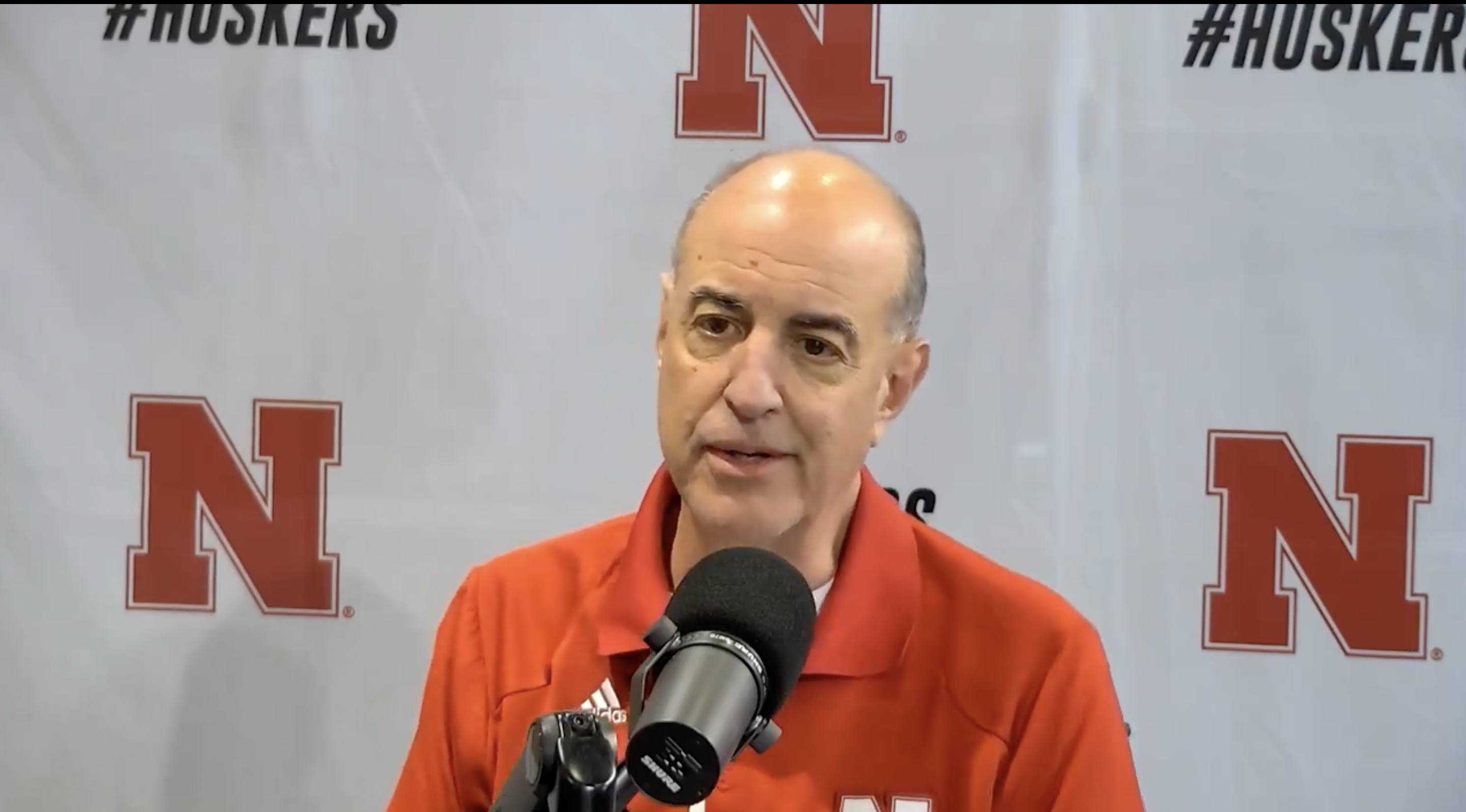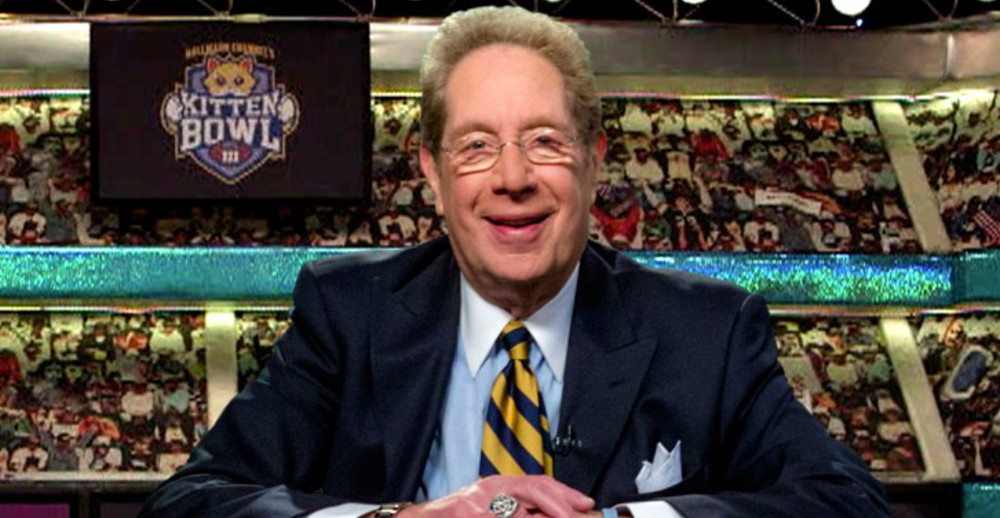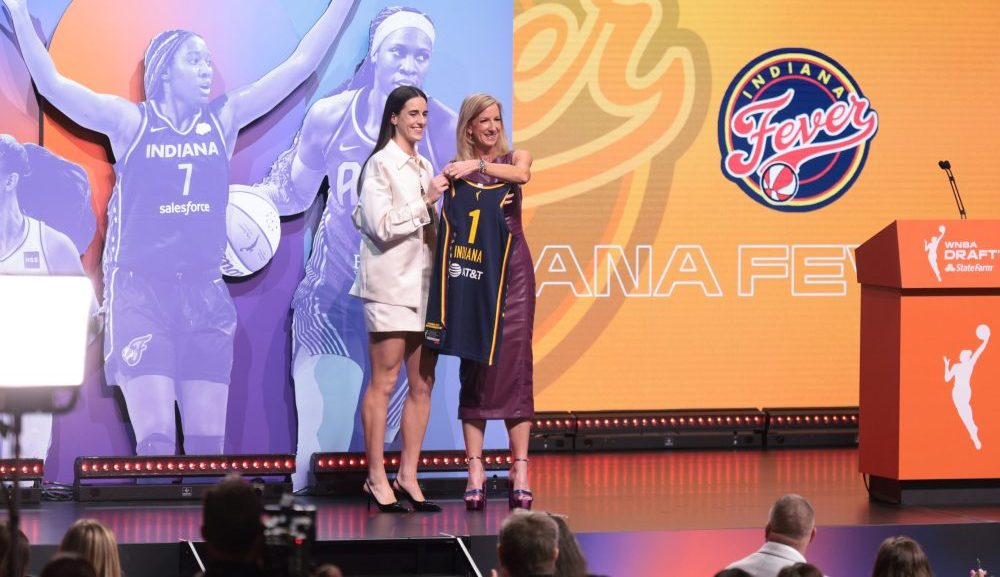The rise of legalized sports betting in the United States has had a wide variety of effects, both expected and unexpected.
The money gambling companies have poured into sports media has been wild, of course, and now if you’re watching a game or even listening to a sports-related podcast and you’re not seeing/hearing an ad for DraftKings or BetMGM or FanDuel, you should be asking yourself if you’re actually in some kind of poorly-constructed Inception-esque dream state that doesn’t have all the details correct. It certainly can’t be reality.
Another effect of all this is how sportsbooks are covered in the media. Obviously the various relationships raise the specter of conflicts, but that’s not even the main point of this piece. Rather it’s the way gambling is covered overall. It’s a common trend to see notes about how the majority of money is on one side, or even after unexpected result to see coverage about how it was a terrible week for sportsbooks.
This week, with Tom Brady coming back from “retirement”, some of those sportsbooks have complained about the timeline, suggesting certain futures bets were placed on Tampa Bay in the buildup to Brady’s unretirement announcement based on inside information. The Las Vegas Review-Journal quoted a few sportsbook execs making those accusations. The gist of the complaint:
Tampa Bay was a 60-1 long shot at the SuperBook on Thursday to win the 2023 Super Bowl and 30-1 to win the NFC when a sharp bettor wagered on the Bucs to win the conference and NFL titles.
After the book lowered them to 25-1 to win it all, the bettor wagered on them again.
Brady, 44, announced Sunday he was coming out of retirement, 40 days after saying he was retiring after 22 seasons in the NFL.
“There’s not a doubt in my mind that they knew he was coming back when they placed those wagers on Thursday,” Kornegay said. “And these were not casual bettors. They would be categorized as educated bettors. It wasn’t a guy with a Tom Brady jersey at the counter. It was a player that we would describe as sharp. With that type of play and the announcement we heard (Sunday) that he was unretiring, there was information that was shared prior to his official announcement.”
This post isn’t meant to knock the Review-Journal here, to be clear. A Las Vegas paper will of course cover gambling news, and the tenor of that piece is very much neutral; you can read it as letting the sportsbook execs whine embarrassingly, if you prefer to. (Which I did!)
But too much of this sort of coverage will now focus on those sportsbook claims as legitimate, lending credence to some wider conspiracy theory or malfeasance the NFL would have to investigate. (What would they be investigating, exactly? Whether Tom Brady was intentionally manipulating betting markets? That seems farfetched even from someone with his history of illicit inflation and deflation.)
These sorts of changes are baked in constantly, and it’s impossibly frustrating to read sites present it without the context that, in all likelihood, the guy making that bet is still going to lose that money. And moves like this cut both ways, too; bettors placing money on Seattle to win the NFC don’t get their money back or have their odds adjusted more favorably when a player like Russell Wilson gets traded.
This is the whole point of gambling. Bettors dig into research and analyze the situation. If someone has an idea that Brady is about to come back and feels strongly about it before the books adjust odds, that’s how it goes. If Brady goes down in week 1 with a knee injury next year, he’s not getting a refund.
The idea that this is somehow artificial manipulation is even richer considering people have been questioning Brady’s return for a while now. Brady himself hinted it was possible during a radio interview with golfer Fred Couples, of all people, back on March 2nd:
It would be so disappointing if he came back to play
— Mike (@Pats5X712) March 2, 2022
The tone of betting coverage is heavily slanted towards the idea that sportsbooks are losing money all the time and that bettors can get an edge, because that’s the narrative that serves them. It’s the oldest trick in the industry, and media members still end up swayed by it, despite the fact that you can’t open your eyes anymore without seeing a sports gambling ad paid for with cash from a sportsbook trying to pull in more new customers.
Based on some of this coverage, you’d think sportsbooks would prefer no one bets on anything, and yet you’re probably two clicks away from being inundated with pop-up ads offering up to $1000 in free wagers just for signing up. Isn’t that kind of the sportsbooks? They’re so charitable.
Having said all of that, if Brady or someone in his camp does get nailed for influencing gambling markets with his retirement announcement, this will have all been worth it. Again, that’s not going to happen and it’s stupid to suggest it. Just let yourself imagine that story, though. It’ll brighten the rest of your day.





